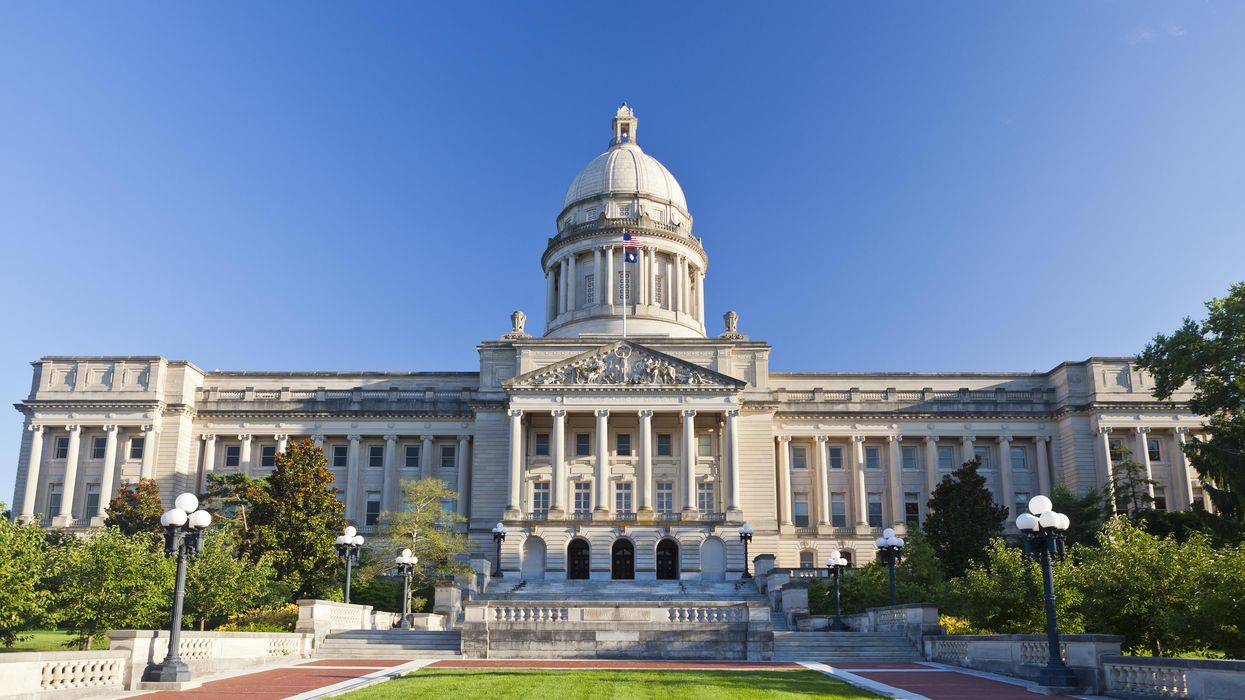While many GOP lawmakers across the country are pushing for voting restrictions, Republicans in Kentucky are taking a different approach.
Last week, the state House passed with near unanimous support a bill to allow for early voting on the Thursday, Friday and Saturday before Election Day. Although this period is much shorter than the three weeks of early voting allowed during last year's pandemic-era election, making early voting a permanent fixture in Kentucky is still a significant expansion.
Following the 2020 election, in which most states adapted their voting rules and procedures in response to the Covid-19 pandemic, legislators are now considering whether to make these voting expansions permanent or to roll back access to the ballot box. Republicans are generally in favor of more restrictive measures because they erroneously claim their proposals will protect against mail voting fraud, but opponents see such moves as efforts to suppress left-leaning voters.
The legislation now goes to the Senate, which had proposed its own version of the bill. Since the election changes received such broad, bipartisan support in the state House, it is likely to also pass through the Senate and head to Democratic Gov. Andy Beshear's desk once the differences have been resolved.
In addition to the early voting change, the House bill would also establish centers where any voter in the county may cast a ballot regardless of precinct. Each county would also be required to provide at least one secure drop box for absentee ballots.
If the bill is enacted, election officials will need to notify voters of any signature matching issues with their ballot and to give them the opportunity to fix it. This ballot "curing" process has not previously been available to voters in Kentucky.
However, the bill would not expand absentee voting eligibility. Currently, only Kentuckians with certain excuses (such as age, illness, disability or temporary residence outside of the state) can vote absentee. Voting by mail was temporarily expanded to all eligible voters last year due to Covid-19.
The online portal that was created last year for requesting absentee ballots will remain in use, though.
The bill also includes provisions more typical of Republican efforts. So-called "ballot harvesting" by third-party entities would be prohibited, allowing only for family members, housemates or caregivers to return ballots for voters who cannot do so themselves. The state would also be required to remove from the voter rolls anyone who registers in another state.




















